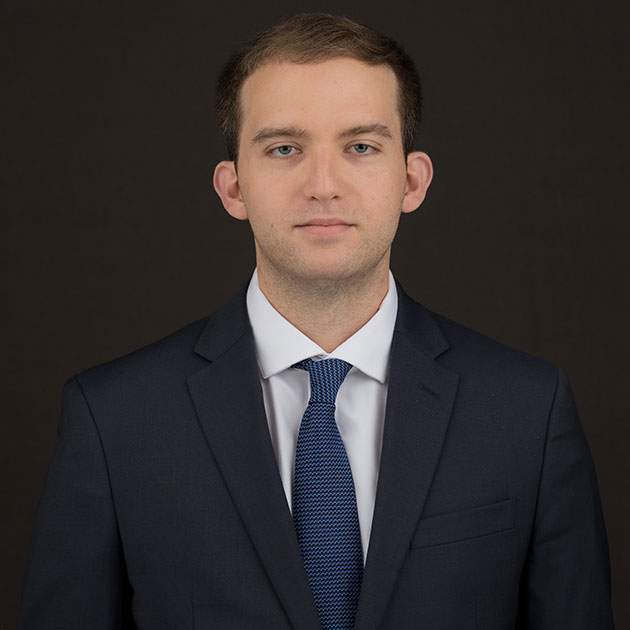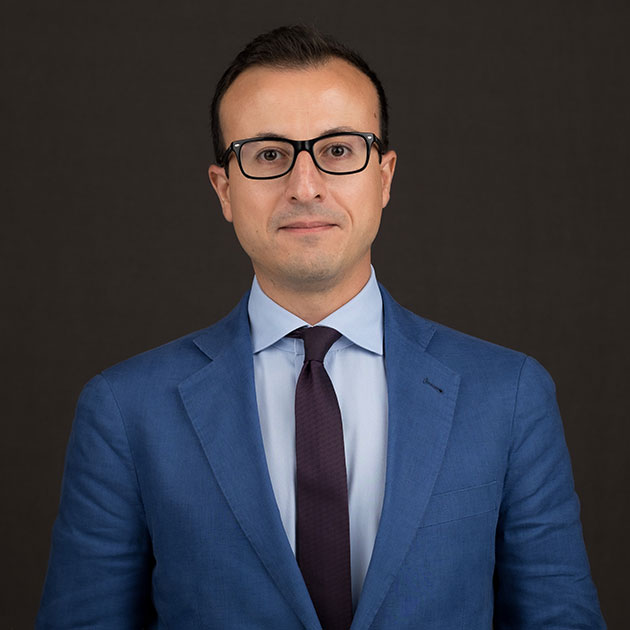When you think of the term “whistleblower,” you may imagine a fleeing Edward Snowden and hushed conspiracy theories; but there is much more to being a whistleblower than newspaper headlines and infamy.
I recently had the distinct pleasure of interviewing Richard Bowen, an esteemed senior lecturer who is a member of the accounting faculty at the Naveen Jindal School of Management and the man who caused a considerable stir at Citigroup back in 2007. Dive into my interview with him to find out what being a whistleblower is really all about.
Q) What exactly is a whistleblower?
That’s a fascinating question. I have come to believe that a whistleblower is someone who sounds warnings that, typically, the company does not want to hear. A whistleblower may even go outside the company to sound these warnings.
I’ve never considered myself a whistleblower. I was given a huge promotion in early 2006 at Citigroup, where I was named business chief underwriter. I was given responsibility for $90 billion of mortgages that we were purchasing annually from other mortgage companies. Then we would sell those mortgages to Fannie Mae and Freddie Mac, or put them into securitizations, and we would give out warranties that these mortgages met our credit policy.
As I was getting my arms around my new responsibilities, I discovered that more than 60 percent of these did not meet our credit policy. So I started issuing warnings (silly me, I thought it was my job). I gave regular warnings in my weekly report, in committee presentations, in email, at the water fountain…and I kept these warnings coming for the next 18 months. Through 2007, the volumes kept going up, and the rate of defective mortgages went up to over 80 percent. That’s when I knew I had to get to the board of directors. At this time, I wrote an email to Robert Rubin (who the next day was named chairman of the board), as well as the other executive officers, warning them about the huge unrecognized losses. I even requested an outside investigation. They subsequently threw me out, so I went to the SEC [U.S. Securities Exchange Commission], and I testified before the congressional commission [the Financial Crisis Inquiry Commission.]
The point is, all of this time I really just felt like I was doing my job. It was only when I testified before the congressional commission that I saw in the headlines in the Wall Street Journal that they were calling me a whistleblower. So when you’re talking about whistleblowing, it isn’t necessarily a conscious act from someone. They may just consider themselves as doing their job.
Q) Who can be a whistleblower?
Anyone. Everyone has their own conscience and responsibilities in a job; and if they see something that’s going on that they have questions about I would encourage them to ask those questions. It’s only when you don’t get satisfactory answers to those questions that you have to reach a decision as to whether or not you’re going to pursue that further.
Q) Are there benefits to being a whistleblower?
You’re the one who has to live with yourself, and you need to be able to do that. You’re recognized for your integrity…but there is a downside. There are some very strange circumstances that surround whistleblowers. Divorce is common, financial ruin, suicide…you find yourself being ostracized, and it’s not pretty. If one decides to become a whistleblower, chances are you will be making a decision to blow up your own career in whatever industry you’re in, because companies value team players, and you’re demonstrating that you’re not a team player.
I did what I felt like I had to do, and I wouldn’t do anything differently. I have a very strong faith and a very strong family that helped me get through it. There are things that happened on a minute-by-minute basis that are nothing short of miraculous.
Q) You worked at Citigroup as business chief underwriter. When you discovered mortgage fraud was being tolerated, what drove you to expose the missteps?
I was just doing my job. Seriously! I was given a huge new position. I was supposed to make sure that the mortgages met our credit policy, and I discovered they didn’t. So I tried to fix it. Again, I just thought I was supposed to.
Q) How were you treated after you blew the whistle?
One of the books that has been written about whistleblowers says that whistleblowers are seen as a foreign organism in a corporate culture, and the culture will band together to expel the whistleblower. And that’s true. You become excluded not only in social settings but also work settings.
Q) What would have happened had you not blown the whistle?
I don’t know. I’m sure we would have still had the meltdown. Because obviously they didn’t listen or take corrective action, and we still had the meltdown. If they had listened to me and truly taken corrective action early on, they may not have had to go through all the bailouts.
Q) In a recent blog post you said, “No longer are financial institutions too big to fail or jail.” Why do you think that it’s important to expose corruption in big banks?
First of all, a year and a half ago a sitting federal judge named Jed Rakoff published an article raking the Department of Justice over the coals saying, why haven’t there been any prosecutions coming out of the financial crisis? As he pointed out in the article, at the last true banking crisis back in the ’80s, over 800 bankers went to jail; and it’s only prosecutions that will act as a deterrent against future wrongdoing. You know, there haven’t been many prosecutions. You’ve seen some large settlements that have taken place…and if you’ve read my blogs, you’ve seen where I’ve said those large settlements were nothing more than payments of extortion to the Department of Justice to lock up the evidence so that the public would never see how widespread the corruption was.
I think our country is going to have another financial crisis that will be even worse than this one because no one has been held accountable to this point. Now, ostensibly, the Department of Justice is trying to turn over a new leaf; and supposedly they are now going to start prosecuting. The proof will be in the pudding to see if that actually takes place or not.
Q) Tell us a little bit about your newest campaign, Whistleblow Wall Street.
It’s a campaign that I have endorsed by virtue of an op-ed I wrote, as well as being quoted in a number of periodicals. I’m very concerned that there are still shenanigans that are going on. Every time you turn around something else is coming up.
One of the reasons I’m doing this is I’m worried sick about our country. The collapse of every great civilization begins with the erosion of core values. History tells us that. We are on the slippery slope of ethics in this country; and we are going down fast. I’m trying to reverse that. I’m trying to do what I can to save this country.
Q) What advice would you have for other whistleblowers?
Document your concerns. Don’t just verbalize them, document them; and be able to defend them. There are untold numbers of people who say, “I told them about that!” But people have a hard time remembering these things, especially if it is something that is unwelcome.
I also tell all my students that there will probably be a time in their career when they are asked to do or not do something that makes them very uncomfortable. I tell everybody it’s OK to raise their hand and ask questions…but if you raise your hand and you ask the question and you get the feeling that maybe you shouldn’t have asked that, or you’re told to “shut up and go back to work”; then I’d say to STOP AND THINK. If you pursue this issue, there could be incredible ramifications that can take a toll on you. This is where I’d say it’s OK to slowly lower your hand; but if you don’t pursue it, get out of there. Do not stick around if you don’t get a satisfactory explanation to what is going on.
If you would like to learn more about Richard Bowen’s experience as a professional whistleblower, the Alpha Kappa Psi business fraternity would like to formally invite you to attend its professional event on November 12 at 7:30 p.m. in CN 1.102. The event will feature Bowen as a guest speaker. Please email Nidhi Gotgi for more details.





